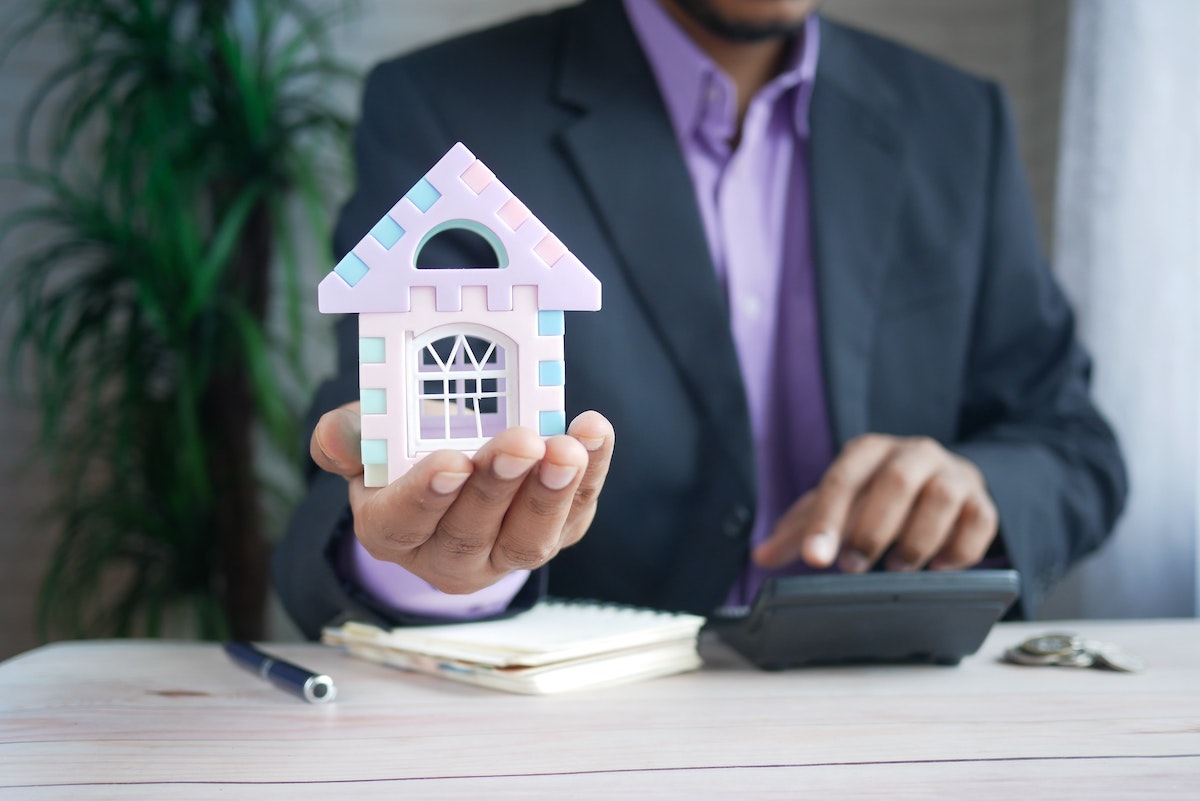It might sound a bit morbid, to think about your mortgage after you die, but a common New Year’s resolution for homeowners is to take a look at their finances, their mortgage, and make some strategic decisions.
Finding out what happens to your home and mortgage after you die is an important financial strategy.
Mortgage Debt
Your mortgage is debt. It is “secured” or backed by the value of your home. When you die the bank that gave you the mortgage loan, gets paid from the proceeds of the sale of your home. Anything remaining would go to your estate (and to your heirs).
Similarly, many ask “what happens to your reverse mortgage when you die?” For those that have a reverse mortgage, when you die or any co-borrower or a non-borrowing spouse have passed away, your reverse mortgage loan becomes due. Your estate or your heirs have 30 days from receiving the payment due notice from the reverse mortgage lender to buy, sell, or turn the home over to the lender to satisfy the debt.
Your Estate
Phill Roemaat tells us that “When you die, your bank accounts, real estate, businesses and other possessions are lumped together to create what’s called an estate.”
Information shared by Northwestern Mutual’s Phil Roemaat, an advanced planning attorney
Your estate then goes into “probate”, a court proceeding to determine the value of the estate. The objective is to make sure all debts are paid before providing heirs with their inheritance.
You can read the full article “What Happens to Debt when you Die” on Northwestern Mutual.
Contact Burke Mortgage to assess if refinancing your mortgage or thinking about a reverse mortgage might be a good option for you.
Initially Published: 3/21/2018
